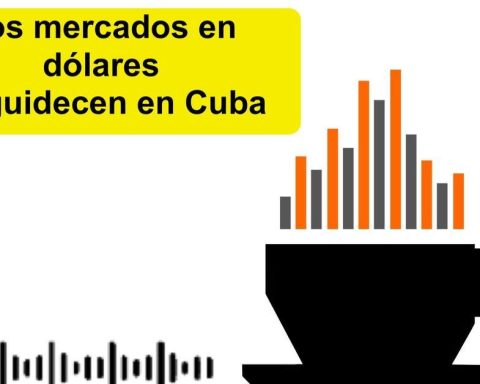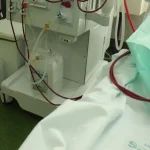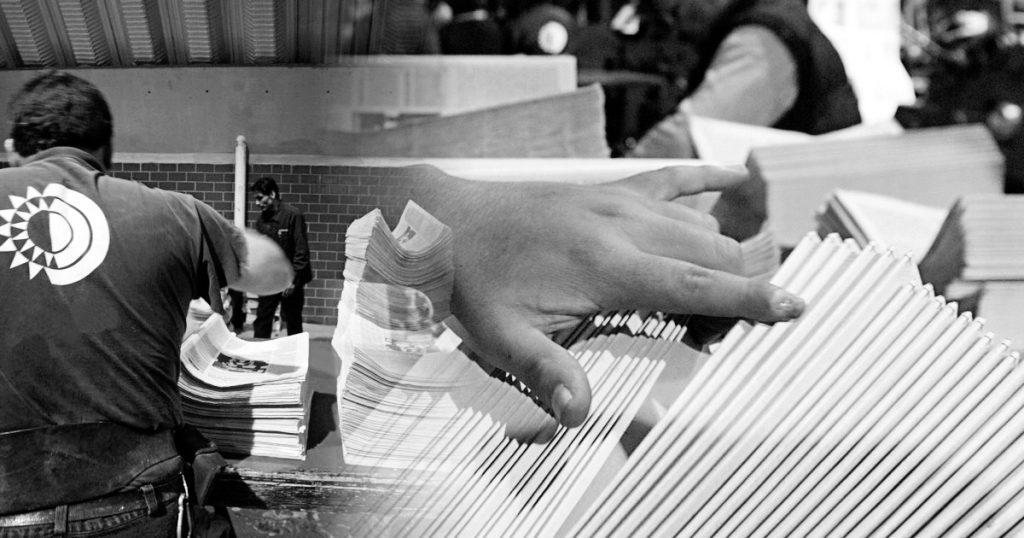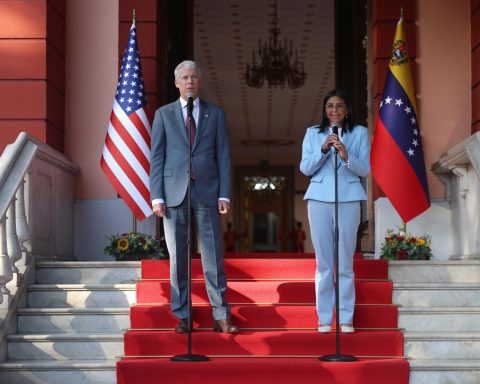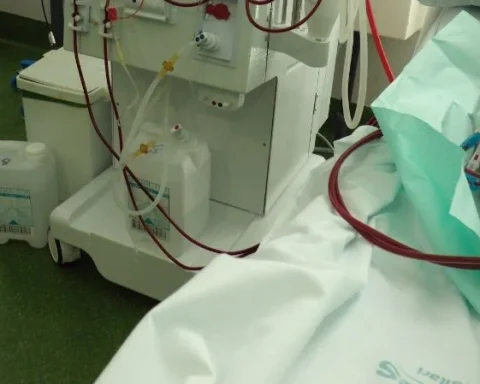The UDLA technique is based on the genetic identification of producing cows, rather than handling the product as is normally done.
The University of the Americas (UDLA) in Ecuador develops as a new and more digestible livestock option, a milk free of betacasein A1, a protein that is attributed the harmful effects that make the milk traditional is indigestible for many people.
The project consists of the genetic identification of the cows and not in a manipulation as occurs with transgenic products, which has allowed the selection of non-carriers of genes with betcasein A1, which usually generates, above all, intestinal discomfort.
“About 7,000 years ago, a mutation appeared in the vos taurus breed that changed a protein present in milk, betacasein, a mutation that caused it to become unstable,” explained Jacobus de Waard, a researcher at the UDLA, specialist in animal genetics, infectious diseases, and microbiology.
The researcher clarified that this instability of the protein it is the one that causes digestive discomfort: “It is not intolerance, it is not allergy, they respond to immunological factors.”
That would explain, he added, that even people with lactose intolerance and who drink milk without that component, still continue to experience discomfort that, “most likely due to betacasein A1.”
Original milk
Also known as milk original, the milk of cow before that mutation contained the protein Betacasein A2, like the maternal one or that of other animals and that many people tolerate in a better way, assured this researcher who promoted the initiative.
Over the centuries in the genetics of cows of different breeds, betacasein A1 spread, although A2 did not completely disappear, which has allowed geneticists to select cattle according to this chromosomal characteristic.
In New Zealand and Australia, the commercialization of A2A2 milk, that is, from cows with the two betacasein A2 chromosomes, began in the first decade of 2000, and the semen of bulls with these genetics also began to be introduced in Ecuador.
Through the genotyping technique developed in the UDLADe Waar has identified cows for production in the country, so far, on a small scale.
Worldwide, the production of this type of milk it has skyrocketed in countries like Australia, the United States, and China. In Spain, a project with its own brand launched by Galician farmers has recently started and similar initiatives of a local nature are known in Latin American countries such as Argentina or Colombia.
But in the case of Ecuador, the project of the UDLA, in which the large dairy producers of the country have their eyes, would be a first step to manufacture this «milk of the future ”, and incidentally, a productive opportunity for a sector that has suffered significant losses in recent years.
In Ecuador there are around 294,000 producers of milk, mostly small (80%), and the rest (20%) are distributed between medium and large, which produce 6.15 million liters daily, according to the Survey of Area and Agricultural Production (Espac) of 2020.
Intake of milk worldwide it has fallen in the last decade for multiple reasons, among them, the irruption of the «milk vegetable “, according to various studies.
Added to this is the increased cost of production, which in many cases does not reach production costs, measures around the control of the use of serum, the increase in the consumption of milk dust and the informality of a sector that in Ecuador reaches 57%.
Farm A2A2
Andrea Maldonado, head of farm campus UDLA Nono, where students from different careers put their knowledge into practice, anticipates that in the coming weeks the initial tests will be carried out with A2A2 milk for the production of dairy products such as yogurt and cheeses.
“Thanks to this research we can do several tests with our consumers, who already know our products and give us their comments,” he said about the pioneer milk in which it is betting on a campaign to publicize the product under the label “Cows with milk A2A2, the first in Ecuador ».
His colleague and technical coordinator of the Nono university farm, Christian Lemus, clarifies that after the study it was determined that 46% of the animals already have the A2A2 gene and that they produce an average of 100 liters of milk per day.
“We have 12 cows in production, 7 more on the way in the coming months, and the rest, calves and calves, still take a couple of years,” he said.
The objective is to increase the cattle by crossing males A2A2 with cows with the A1A2 gene, of which they hope to obtain fruits in the coming years so that “this genetics begin to be stronger.” EFE
IT MAY INTEREST YOU:
Due to killings and suicides, 316 prisoners have died in Ecuador in 2021
Government creates a commission, one more patch to the prison crisis
Assembly members ask the Government for a meeting due to the prison crisis




